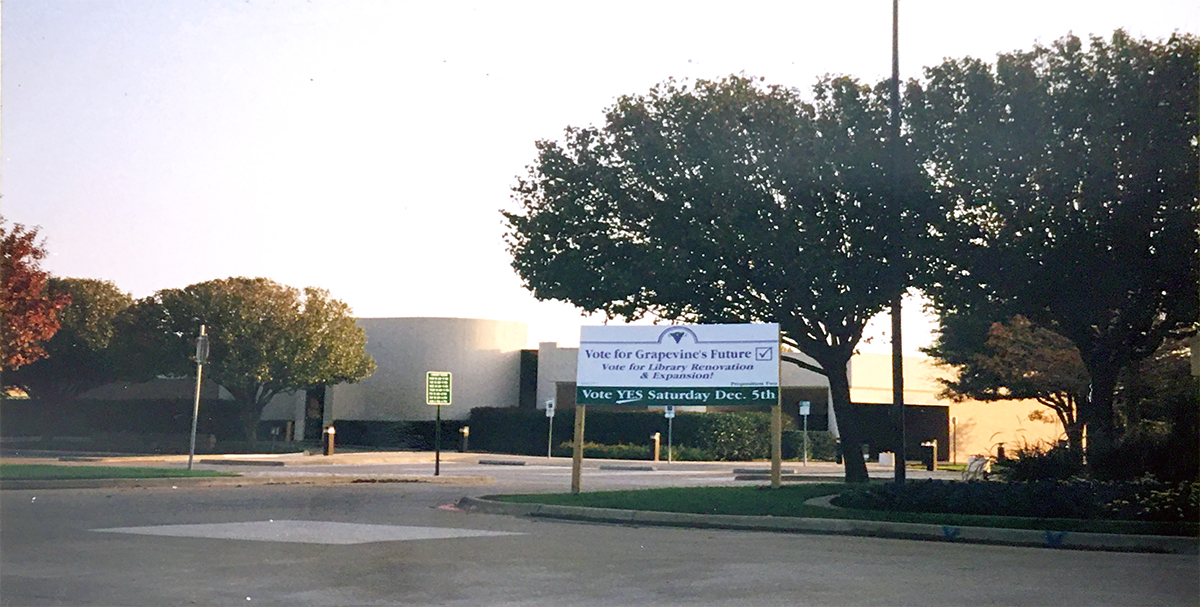The “72-Year Rule”, or, Why You Have to Wait Seventy-Two Years to See Census Records
After seventy-two years, the 1950 census has legally been released for public viewing. That’s a big YAY for genealogists, most of whom probably know the “72-Year-Rule” regarding public access to federal census records. Many researchers used to think, erroneously, that this “rule” stemmed from the average lifespan of Americans at the time – seventy-two years. First, the “rule” did not originate from the average lifespan, and second, the average lifespan wasn’t even seventy-two years. In 1952, the U.S. surgeon general informed the public that average life expectancy was 68 years. During a congressional hearing on April 2, 1973, Archivist James B. Rhoads told lawmakers that the National Archives did not “find any evidence in the files specifically as to why 72 years was picked” for the 1952 agreement. You can see specifically the highlighted portion of Dr. Rhodes’s briefing before Congress here on page 5. This blog will focus on...












Recent Comments